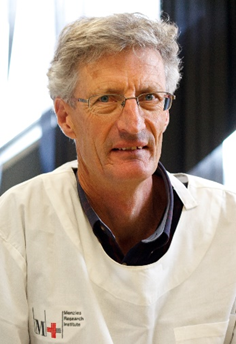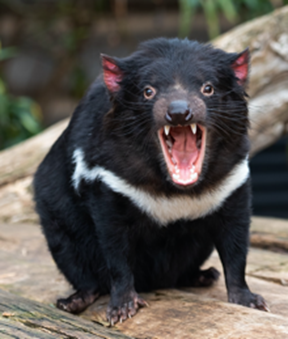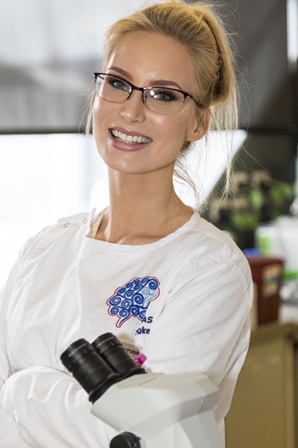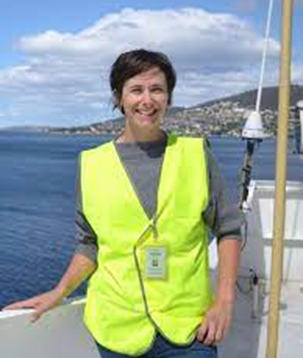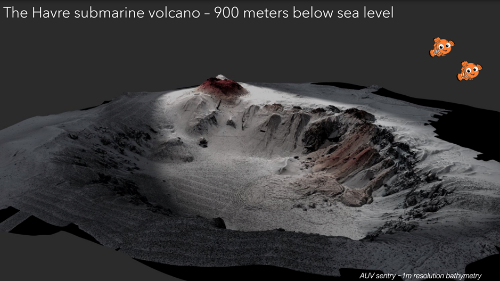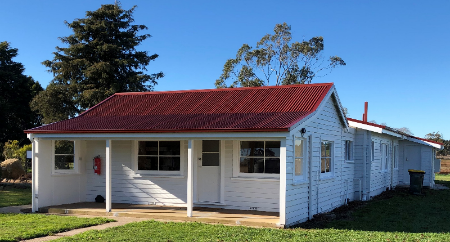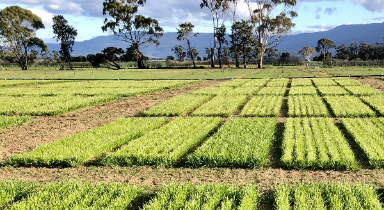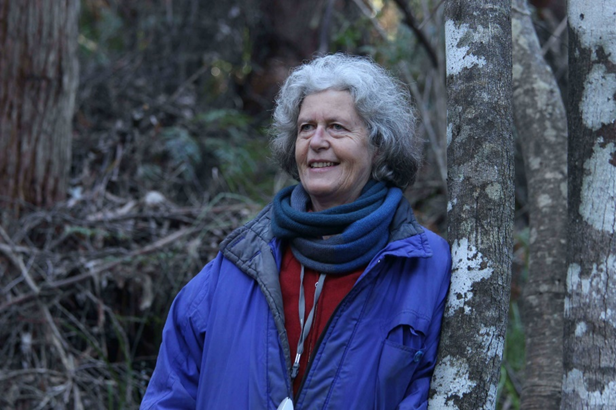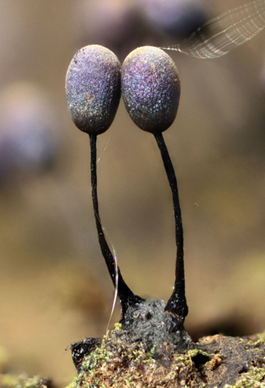The Royal Society of Tasmania, Northern Branch, invites you to a public lecture on Sunday 27 February 2022 at 1.30 pm, by Professor Kimberley Norris.
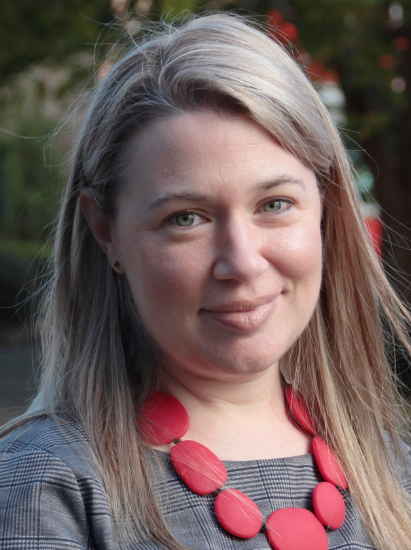
If you wish to attend the lecture in person at the Meeting Room, QVMAG, at Inveresk, please inform the Society by calling Chris Beswick on 0417 330 118 or sending an email to her at apcachris@gmail.com .
Admission is free for members of the Royal Society of Tasmania. The charge is $4 for students, QVMAG Friends, TMAG Friends, and members of Launceston Historical Society. For all others, admission is $6.
Alternatively, you may view the lecture remotely via ZOOM. In this case you must register in advance to ensure that you receive an email containing instructions for joining the webinar on the day of the talk. Click here to register for ZOOM.
Click here to view the latest flyer for the event and print if necessary.
Antarctica is one of the most extreme and unusual environments on Earth. This presentation will explore the lessons we have learned about human psychological health and performance in Antarctica and how we can apply this knowledge to a range of other environments including space, and our current experiences of the COVID-19 pandemic.
Professor Norris is a psychological scientist and clinical psychologist who works across academic, research and clinical practice settings. Her research interests include adaptation and resilience in both extreme (e.g. Antarctica, space and FIFO) and more normative (e.g. academic, life events) environments. She develops new and innovative ways to provide psychological support for individuals in remote, rural, maritime and extreme environments.
She was awarded her PhD in 2010 by the University of Tasmania. She is a member of the Australian Psychological Society and of the Scientific Committee of Antarctic Research (SCAR) Humanities and Social Sciences Expert Group.
Generously supported by

